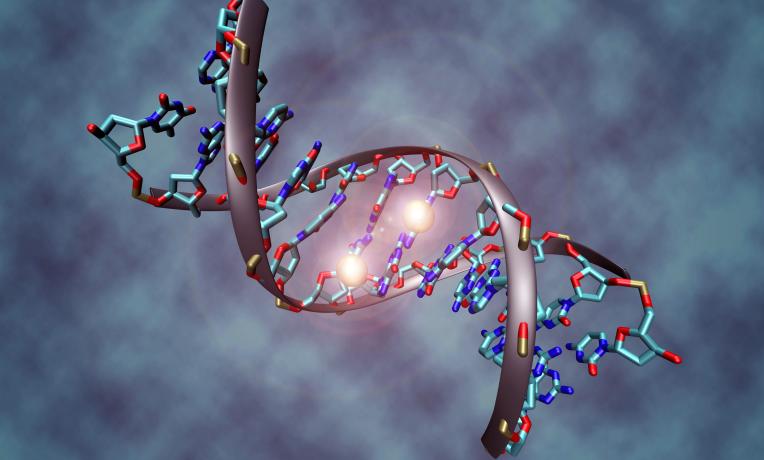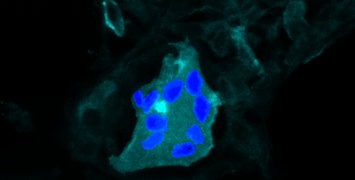Leukaemia: an epigenetic disease?
All cancers carry epigenetic alterations. But the biological function of these alterations is not well understood. In his ERC project, Prof. Christoph Bock explores their functional role by introducing these alterations into cancer and normal cells. Successful engineering of an epigenetic leukaemia could challenge the idea that all cancers are driven by genetic alterations.

Epigenetics research investigates heritable patterns of gene regulation that cannot be explained by the genetic code. Recent studies have found epigenetic alterations in all cancer types and in essentially every examined patient. Despite such high prevalence, their causal and/or consequential role in cancer development is largely unknown. This is in part due to the lack of suitable technology for programming a precise set of epigenetic alterations into individual cells.
Developing and applying cutting-edge experimental and bioinformatics technologies, Prof. Bock and his team work on engineering cancer-specific epigenetic aberrations into healthy cells. The goal is to reprogram cells between the normal and the cancerous state, which would provide evidence for the functional role of epigenetic alterations and a powerful model for drug screening and developing novel therapies.
The researchers, based at the CeMM Research Center for Molecular Medicine of the Austrian Academy of Sciences in Vienna (Austria), are developing methods and algorithms for rational epigenome programming, using CRISPR technology, epigenome sequencing, and bioinformatic modelling. Their study focuses on leukaemia as an important and experimentally accessible cancer, but the concepts and methods are broadly applicable for any disease with an epigenetic component.
This is a high-risk, high-impact project as it relies on new technologies and on the hypothesis that it is possible to induce a cancer state in a cell just by changing its epigenetic markers. If successful, it will not only challenge (or extend) the current view of cancer as genetic disease, but it will also provide a validated toolbox for epigenome programming in human cells.
Finally, Christoph Bock expects that his research will eventually contribute to the development of innovative epigenetic therapies for leukaemia, which may have an important role to play in personalised cancer medicine.






